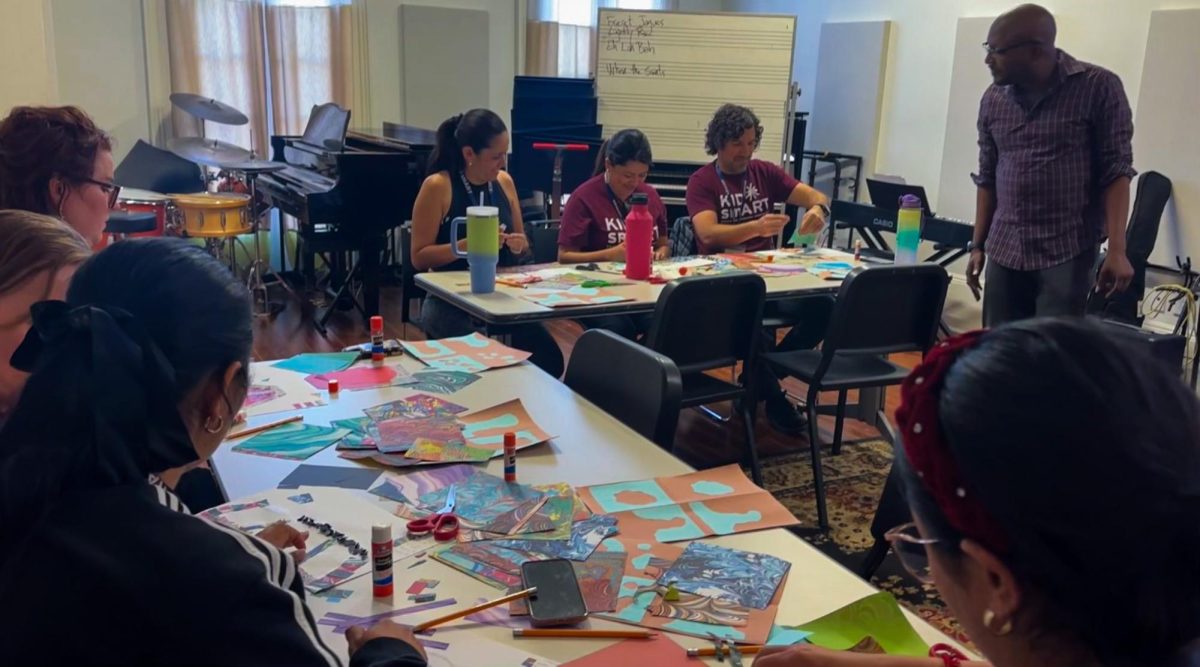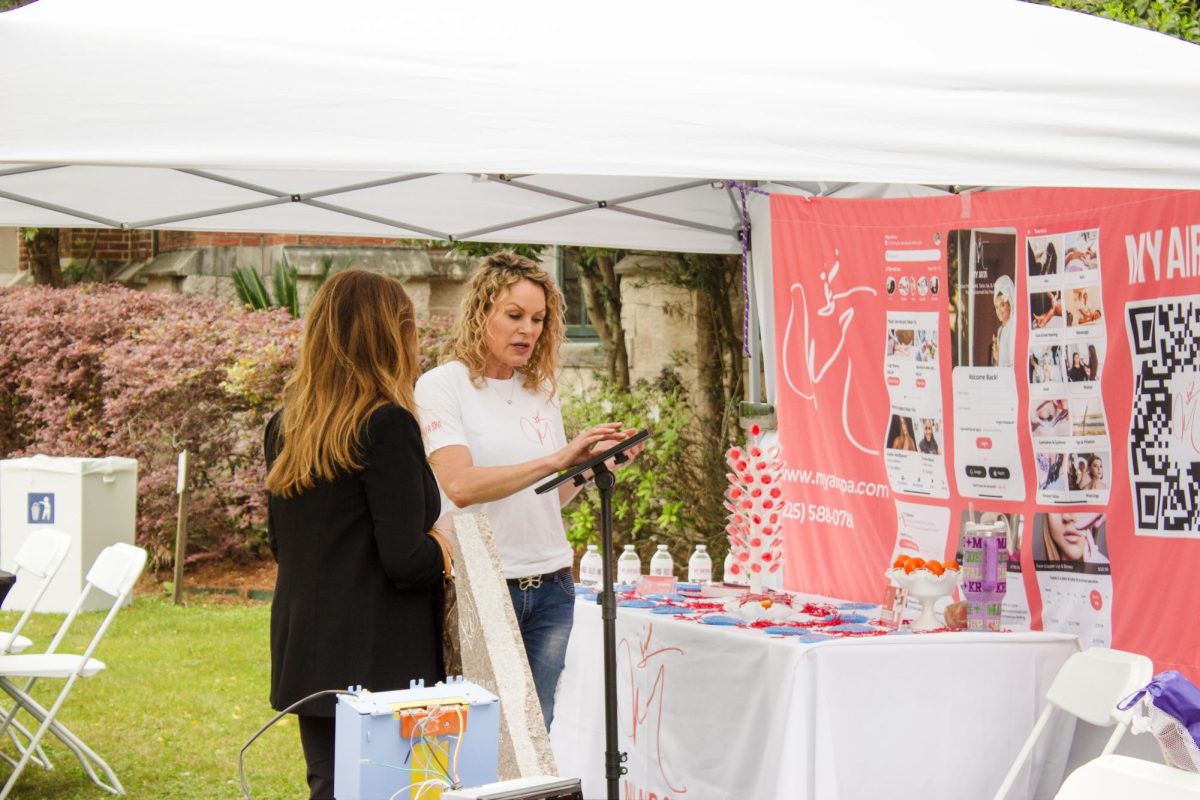The Visiting Pet Program, founded in 1987, is a nonprofit organization that uses pet therapy to spread joy and offer emotional support to the New Orleans community.
Volunteers bring their trained therapy pets to hospitals, nursing homes, schools, universities, and other events. They offer emotional support, reduce stress, and spread joy to communities. According to their website, over 100 volunteers bring their pets to provide emotional support and companionship, especially to those who rarely receive visitors.
Researchers and practitioners have recognized animal-assisted activities or pet therapy as a source of therapeutic benefits. Nicole Thiberville Parks, president of the VPP, points out that interactions with animals reduce stress and alleviate feelings of loneliness.
“People don’t feel well; they may not completely understand what is going on; they may not have cognitive disabilities, etcetera, but once they begin to pet the dog, they calm down, their breathing slows, their anxiety lessons,” Parks said.
VPP’s mission goes beyond simply brightening someone’s day. Their volunteers visit a wide range of locations where residents and patients have visits that provide them connection to the outside world.
“Through the animals unconditional love, the VPP strives to enhance the quality of life of all those we meet,” Parks said. “Sometimes, we are the only visitors the residents and patients have, especially those in nursing home patients. They come to look forward to and value our visits.”
The power of these visits has also influenced others to join the VPP. Program coordinator Claire Sommers has been a volunteer and board member since joining in 1999.
“I had never heard of animal-assisted activities. I soon realized I loved it,” Sommers said. “In my opinion, the VPP provides the unconditional love that only a dog, cat, or bunny can bring to the people we visit.”
For Sabrina Jacks, who handles their social media and newsletters, her motivation stemmed from a personal connection.
“I had a dog who loved people and was so good with them. She had a way of making everyone, smile just by looking at her,” Jacks said.
Parks shared a particular experience from her early days as a volunteer that has shown her the benefits of pet therapy. This experience was the selling point for her views on the benefits of the VPP.
“I was on my first probationary visit with my first golden retriever (and a mentor), and we were visiting a nursing home,” Parks said. “As we walked down one of the hallways, there was a gentleman calling out for help. He must have caught sight of my dog because he reached out his hand, and once he touched her, he stopped calling out for help. He calmed down and just simply petted her. I was sold on the program and its benefits at that moment.”
The VPP relies on volunteers and dedicated people willing to share their animal’s love and affection with others. Becoming a volunteer involves a multi-step process, beginning with attending an orientation to learn about the organization and its requirements.
“Once they attend our orientation to learn more about the organization or to understand ifthis organization would be a good fit for them, their pet, and their lifestyle, then they are evaluated,” Parks said. “If the [human and pet] team passes evaluation, we offer a workshop to help them hone their skills before they begin a series of probationary visits with a mentor.”












